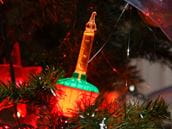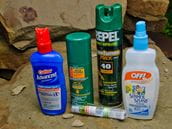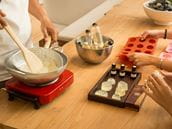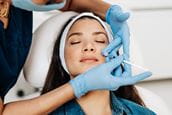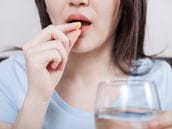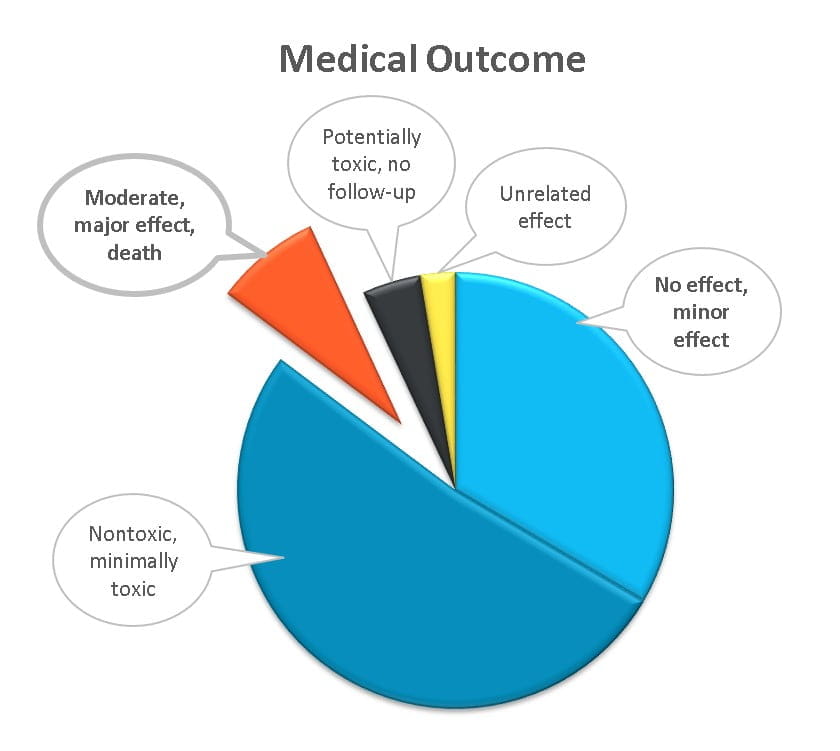
Is Micellar Water Safe?
Micellar water is a cosmetic product that is used to remove dirt, oil, and makeup from the face. Micellar water is made up of water mixed with soap, hydrating chemicals, and perfumes. If swallowed, it is unlikely that a small amount of micellar water will result in poisoning, but it may cause vomiting or diarrhea. Micellar water can also be irritating if it gets in the eyes.

